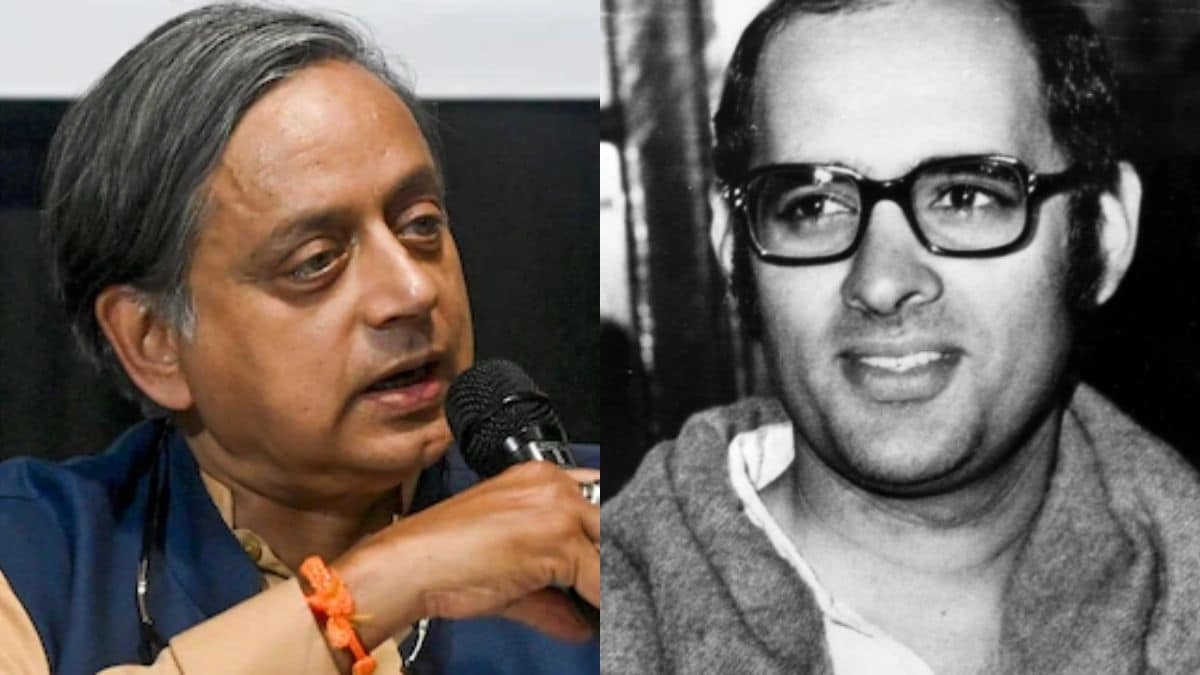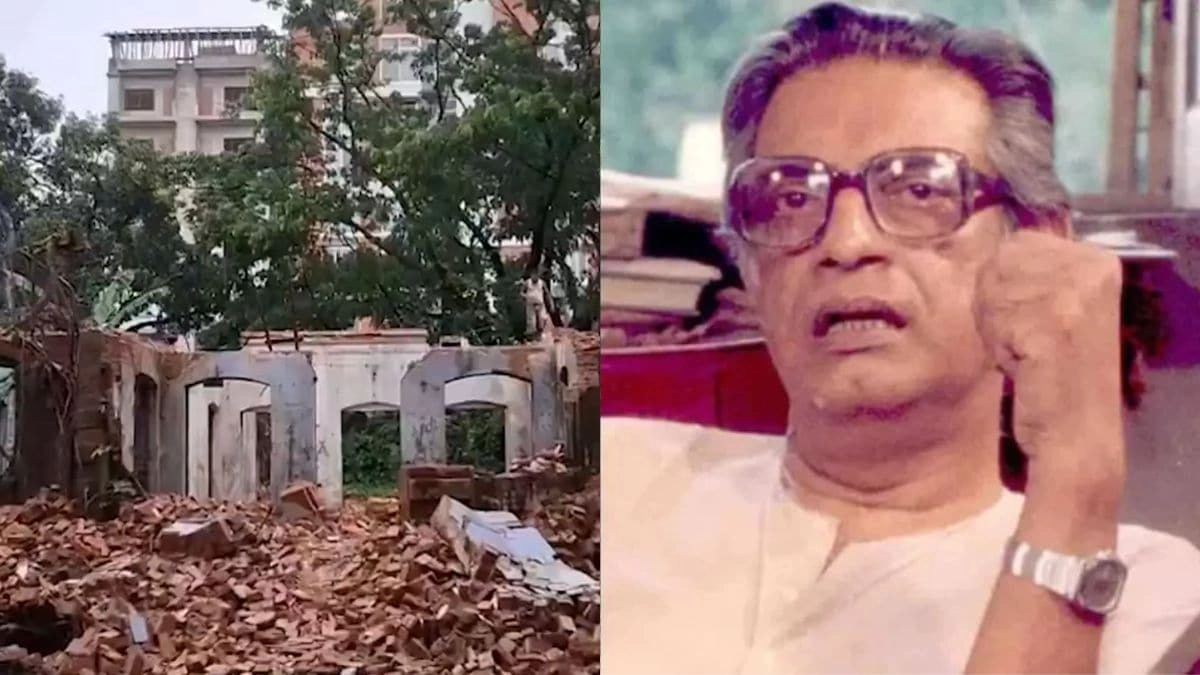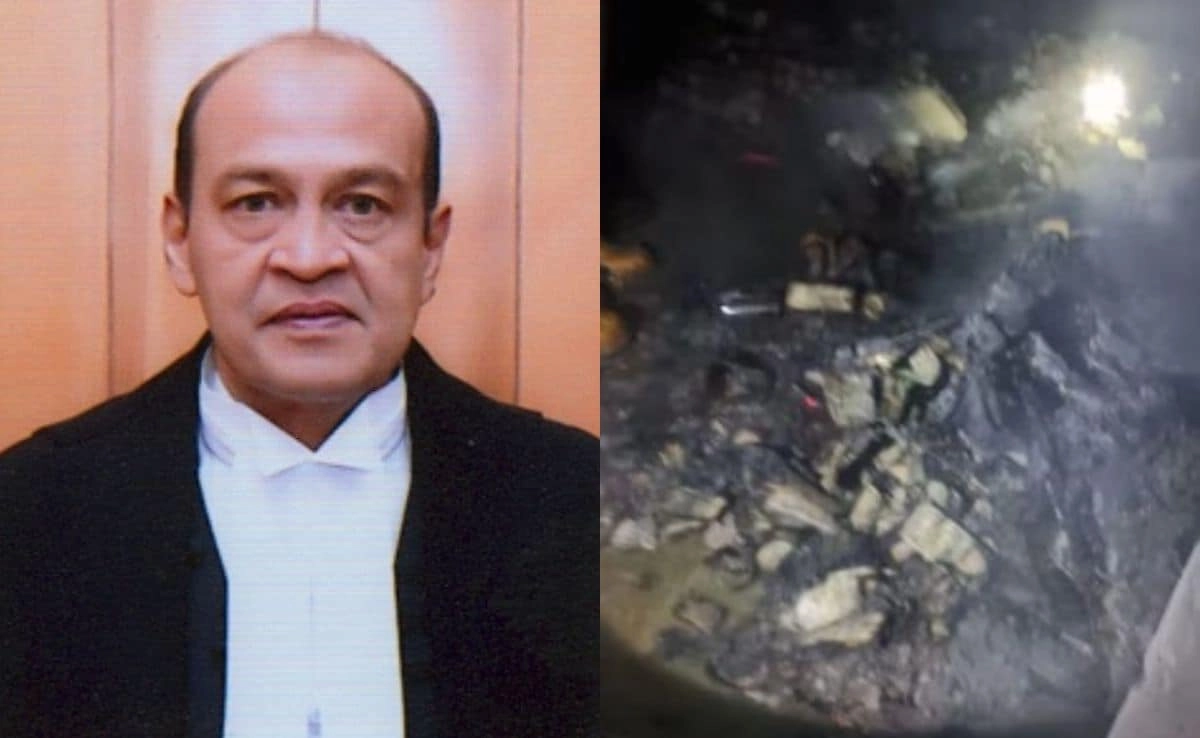Shashi Tharoor, a prominent member of the Indian National Congress, recently stirred the political pot with a provocative post on social media that delves into the legacy of Sanjay Gandhi. This reflection not only highlights the complexities of Indian politics during the 1970s but also serves as a contemporary critique of the Congress party’s internal dynamics. Tharoor’s choice to invoke Sanjay Gandhi, a controversial figure known for his authoritarian approach during the Emergency period, raises questions about leadership, legacy, and the direction of the Congress party in today’s political landscape.
In his post, Tharoor draws parallels between Sanjay Gandhi’s era and the present-day challenges faced by the Congress party. He emphasizes the need for introspection within the party, suggesting that a disconnection from its historical roots has led to its current struggles. By revisiting Sanjay’s tenure, Tharoor aims to provoke a conversation about the necessity of adapting to changing political realities while remaining grounded in the party’s foundational principles. This reflection is particularly significant given the ongoing debates about the party’s relevance and the strategies it should adopt to regain its foothold in Indian politics.
Tharoor’s comments have ignited a mixed response among party loyalists and critics alike. While some view his post as a much-needed wake-up call for the Congress, others argue that it may further fragment the party, which has already been grappling with leadership challenges and electoral setbacks. The discussion surrounding Sanjay Gandhi is not merely historical; it serves as a lens through which current and future leaders of the Congress can evaluate their strategies and governance style. In an age where political narratives are rapidly evolving, Tharoor’s reflections push for a deeper understanding of how past leaders can inform present actions and decisions.
Ultimately, Tharoor’s Sanjay Gandhi flashback serves as a reminder of the intricate interplay between history and contemporary politics. It underscores the importance of learning from the past while navigating the complexities of the present. As the Congress party seeks to redefine its identity and connect with a new generation of voters, engaging with its historical figures can provide valuable insights into effective leadership and governance. Tharoor’s post is not just a call for remembrance; it is an invitation for the Congress to reflect, reassess, and rejuvenate its approach as it faces a challenging political landscape.




